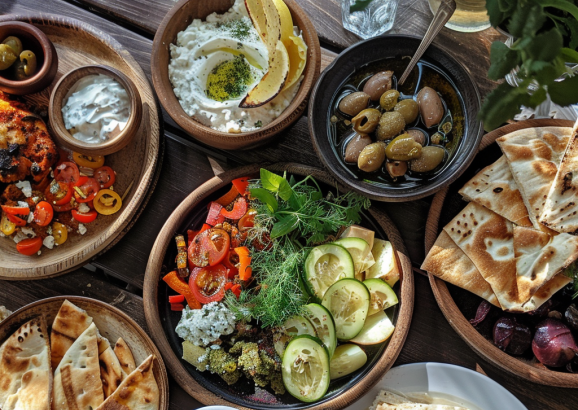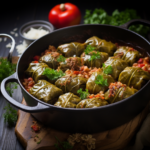
Greek cuisine is celebrated worldwide for its vibrant flavors, healthy ingredients, and rich culinary traditions. The dishes reflect the country’s history, culture, and diverse geography, from sun-kissed islands to mountainous regions. Greek meals epitomize the Mediterranean diet, known for its health benefits and delicious taste. This culinary tradition offers a wide array of dishes that are as diverse as they are flavorful.
In Greek cuisine, every meal tells a story, connecting the present to the past. The use of fresh, locally sourced ingredients such as olive oil, fresh vegetables, seafood, and lean meats highlights the simplicity and wholesomeness of Greek cooking. Staples like olive oil, yogurt, and honey are not only delicious but also packed with nutrients, contributing to the diet’s health benefits.
Greek cuisine is also deeply intertwined with the culture and social fabric of Greece. Meals are often communal, bringing together family and friends to enjoy dishes that have been passed down through generations. The practice of sharing food and hospitality, known as “philoxenia,” is central to Greek life, emphasizing generosity and warmth.
Traditional Greek dishes like moussaka, souvlaki, and spanakopita are renowned for their unique flavors and textures. Moussaka, with its layers of eggplant, ground meat, and béchamel sauce, is a hearty and comforting dish. Souvlaki, grilled skewers of marinated meat, is a popular street food that embodies the essence of Greek grilling. Spanakopita, a savory spinach and feta pie encased in flaky phyllo dough, showcases the versatility of Greek pastries.
As we delve into the essence of Greek meals in this article, we will explore these traditional dishes, their key ingredients, and the cultural significance behind them. By understanding the depth and richness of Greek cuisine, we can appreciate why it has become a global favorite, celebrated for both its culinary excellence and its cultural heritage.
FAQ: Traditional Greek Meals
Q: What are traditional Greek meals?
A: Traditional Greek meals often include dishes such as moussaka, souvlaki, spanakopita, and dolmades. Common ingredients are olive oil, fresh vegetables, herbs, grains, fish, and meats. Meals are usually accompanied by dips like tzatziki and served with bread or pita.
Q: What are the 5 main foods the Greeks ate?
A: The five main foods in ancient Greek diets included grains (such as barley and wheat), olives and olive oil, fish, legumes (such as lentils and chickpeas), and wine. These staples formed the basis of their diet and were often complemented by fruits and vegetables.
Q: What is the most popular Greek food?
A: One of the most popular Greek foods is souvlaki, which consists of grilled meat skewers often served with pita bread, vegetables, and tzatziki sauce. It is a beloved street food and a staple at Greek gatherings and festivals.
Q: What is Greece’s national dish?
A: Greece’s national dish is often considered to be moussaka. This iconic casserole is made with layers of eggplant, ground meat, and béchamel sauce, creating a rich and satisfying meal that is enjoyed throughout the country.
Traditional Greek Meals
1. Moussaka
Moussaka is a quintessential Greek dish, often referred to as Greece’s answer to lasagna. This layered casserole includes eggplant, ground meat (usually lamb or beef), potatoes, and a rich béchamel sauce. The dish is baked to perfection, resulting in a creamy, savory, and satisfying meal.
Ingredients:
- Eggplants
- Ground lamb or beef
- Potatoes
- Tomatoes
- Béchamel sauce (butter, flour, milk, cheese)
2. Souvlaki
Souvlaki consists of small pieces of meat and sometimes vegetables grilled on a skewer. It is typically made with pork, chicken, or lamb and served with pita bread, tomatoes, onions, and tzatziki sauce. This popular street food is perfect for a quick and delicious meal.
Ingredients:
- Pork, chicken, or lamb
- Olive oil
- Lemon juice
- Garlic
- Oregano
- Tzatziki sauce (yogurt, cucumber, garlic, olive oil, dill)
3. Spanakopita
Spanakopita is a savory pie made with spinach, feta cheese, and onions wrapped in crispy phyllo dough. This dish is enjoyed as a snack, appetizer, or light meal and showcases the versatility of Greek cuisine.
Ingredients:
- Spinach
- Feta cheese
- Onions
- Phyllo dough
- Olive oil
4. Dolmades
Dolmades are grape leaves stuffed with a mixture of rice, herbs, and sometimes ground meat. They are typically served as an appetizer or side dish, often accompanied by a lemon wedge.
Ingredients:
- Grape leaves
- Rice
- Ground meat (optional)
- Dill
- Mint
- Lemon
5. Greek Salad (Horiatiki)
Greek salad is a refreshing and simple dish made with tomatoes, cucumbers, olives, onions, and feta cheese, dressed with olive oil and oregano. It’s a staple in Greek cuisine and a perfect side dish for any meal.
Ingredients:
- Tomatoes
- Cucumbers
- Olives
- Onions
- Feta cheese
- Olive oil
- Oregano
The Cultural Significance of Greek Meals
Greek meals are more than just food; they are an integral part of social and cultural life. Meals are often shared with family and friends, fostering a sense of community and togetherness. Greek hospitality, known as “philoxenia,” is evident in the way meals are prepared and served, emphasizing generosity and warmth.
Health Benefits of Greek Cuisine
Greek cuisine is renowned for its health benefits, largely attributed to the Mediterranean diet. This diet emphasizes fresh vegetables, fruits, whole grains, olive oil, and lean proteins. Here are some key health benefits:
1. Rich in Nutrients
Greek meals are packed with essential nutrients, including vitamins, minerals, and antioxidants. Ingredients like olive oil, vegetables, and herbs provide a wealth of nutrients that support overall health.
2. Heart Health
The Mediterranean diet, which Greek cuisine is a part of, is associated with a lower risk of heart disease. The use of olive oil, a source of healthy monounsaturated fats, and the consumption of fish, nuts, and vegetables contribute to cardiovascular health.
3. Weight Management
Greek meals often include lean proteins, fiber-rich vegetables, and whole grains, which can help with weight management. The emphasis on fresh, whole foods and moderate portion sizes makes this diet effective for maintaining a healthy weight.
Popular Greek Ingredients
Greek cuisine relies on a variety of ingredients that are both flavorful and nutritious. Here are some staples:
1. Olive Oil
Olive oil is a cornerstone of Greek cooking, used in everything from salads to sautéing. Its rich flavor and health benefits make it a favorite in Greek kitchens.
2. Feta Cheese
Feta cheese, made from sheep’s milk or a mixture of sheep and goat’s milk, is a tangy and creamy cheese that adds a distinctive flavor to many Greek dishes.
3. Yogurt
Greek yogurt is thicker and creamier than regular yogurt, often used in sauces, desserts, and as a breakfast staple.
4. Fresh Herbs
Herbs such as oregano, dill, mint, and parsley are commonly used to enhance the flavor of Greek dishes.
5. Phyllo Dough
Phyllo dough is a thin, flaky pastry used in various Greek dishes, including spanakopita and baklava.
Greek Meals Conclusion
Greek meals are a delightful combination of flavors, traditions, and health benefits. From the hearty moussaka to the refreshing Greek salad, each dish tells a story of Greece’s rich culinary heritage. Incorporating Greek meals into your diet not only introduces you to new and exciting flavors but also supports a healthy lifestyle.
By exploring and savoring Greek cuisine, you can enjoy the best of what this Mediterranean diet has to offer. So, whether you’re preparing a meal for your family or hosting a dinner party, consider adding a touch of Greece to your menu.
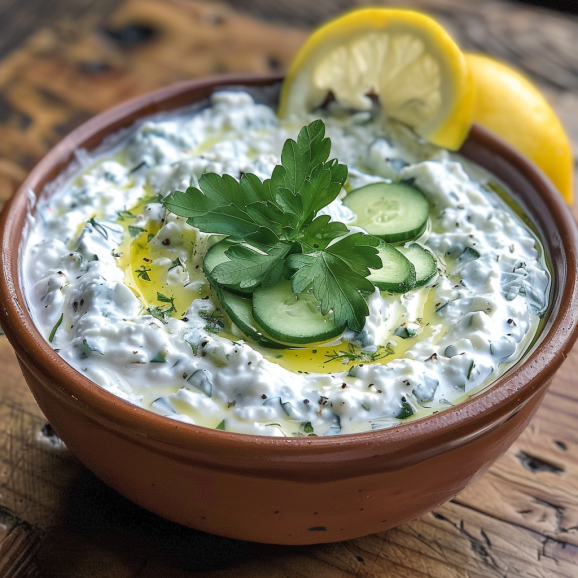

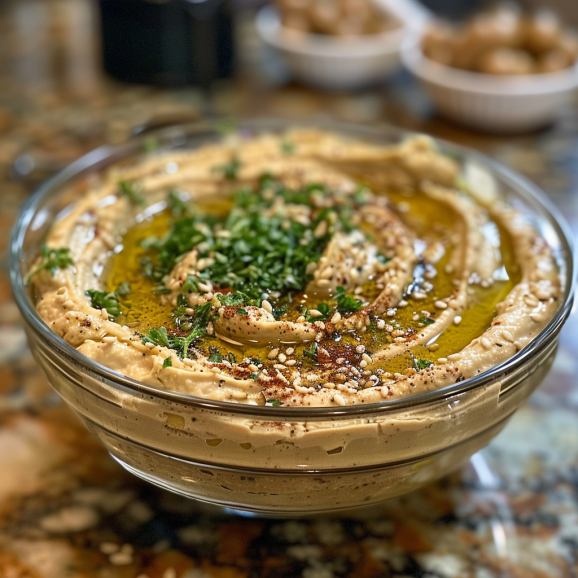
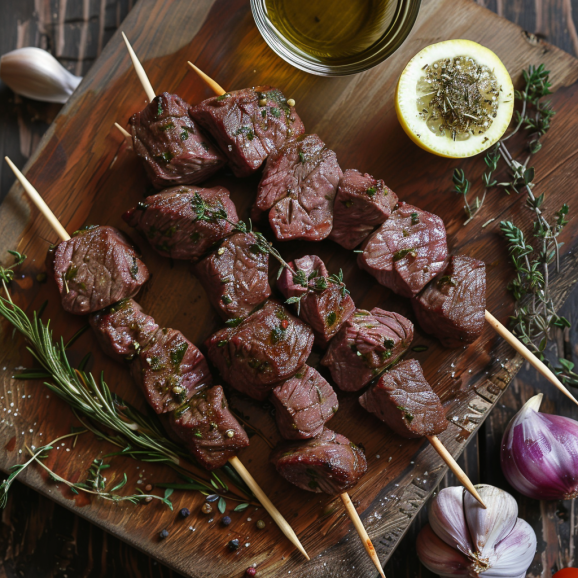



For more delicious Greek recipes and culinary tips, visit Chef on a Bike.
Greek Meals Internal Links
- Greek Chicken Marinade
- Greek Cooking Equipment
- Creta Embassy Taverna Episode 21
- Greek Bread Making of Horiatiko Psomi
- Greek Inspired Green Bean Casserole
- Greek Meze Delicacies Unveiled
- Greek Egg Dishes Protein Packed
- Exploring Traditional Greek Meze Appetizers
- Grilled Octopus Cultural Significance Mediterranean
- Explore the Richness of Greek Desserts
- Semolina Pudding
- Greek Coffee Pairing a Sweet
- Delicious Greek Hummus Recipe
- Baklava Greek Walnut Pistachio Cake
- Greek Festival 2024
- Dive into the Juicy and Tender Chunks of Beef Souvlaki
- Mediterranean Diet is a Healthy
- Greek Easter Kokoretsi Cooking Methods Recipe
- Manuka Honey Health Benefits
- Find Vegetarian Recipes
- Greek Christmas
- Mediterranean Greek Salad a Refreshing
- Greek Kataifi Dessert
- Best of Greek Cheeses
- Rare Ikaria Honey
- Greek Yogurt Benefits






